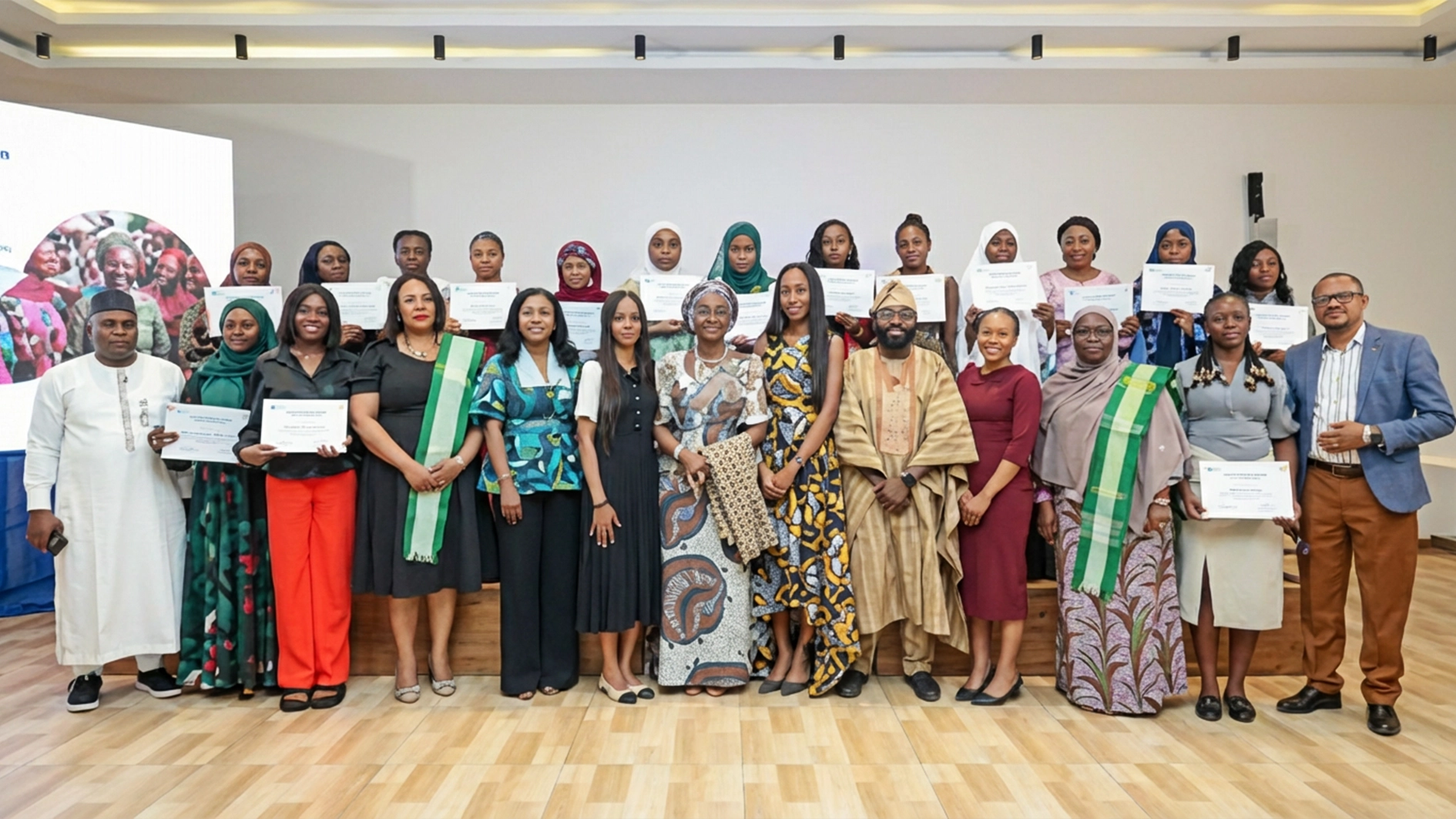Experts have expressed concern over what they described as a severe funding shortfall of $27.4 million for essential contraceptive commodities, currently crippling family planning services across Nigeria.
While attributing the alarming decline in the availability of contraceptives to the withdrawal of support from the United States Agency for International Development (USAID), the experts warned of dire consequences for women’s health and the country’s socio-economic growth.
This was revealed during a one-day dissemination programme tagged “The Impact of Family Planning on Socio-economic Development: New Evidence”, organised by the Academy for Health Development (AHEAD) and the Family Planning Impact Consortium.
The experts, led by Prof. Adesegun Fatusi, President of AHEAD, a renowned Professor of Community Medicine and immediate past Vice-Chancellor of the University of Medical Sciences (UNIMED), Ondo State, advocated for improved investment in family planning and also called for urgent and substantial investment.
With an investment of $1 million, the experts emphasised that it would enable over 65,000 women and couples to receive modern contraceptive care, averting no fewer than 15,455 unintended pregnancies and 6,044 unplanned births, as well as 6,321 unsafe abortions, while preventing the deaths of 83 women and girls.
Fatusi acknowledged some of the efforts of the Federal Government to address the gaps left by USAID’s departure from the country’s health and development sectors and stressed that “the picture is not clear yet.”
The experts stated, “At the moment, there are additional concerns about the future of Family Planning (FP) supplies in Nigeria, such as the use of the Presidential Initiative for unlocking the Healthcare Value Chain (PVAC) for contraceptive funding rather than the usual mechanism of the National Contraceptive Basket Fund.
“The reported reduction in the Federal Government of Nigeria’s budget for FP from N2.225 billion in 2024 to N66.39 million in the 2025 budget, and the delay on the part of the Federal Government to renew its co-financing agreement with UNFPA, among others, would further compromise contraceptive availability.
According to them, new research evidence generated by the Family Planning Impact Consortium indicates that each additional $1 investment in family planning would yield $2 of cost savings in pregnancy-related and newborn care. The evidence from the Consortium shows that investment in family planning contributes to the social and economic growth of countries, and family planning improves women’s likelihood of getting a paying job.
“Nigeria’s family planning indicators remain suboptimal, with the modern contraceptive prevalence rate still only 15%, the level of unmet contraceptive needs still as high as 21%, and only 45% of FP demands being met by modern methods.”
The gathering further recommended, among others, high-level advocacy and engagement with critical stakeholders to address challenges related to low budgetary allocation to FP and contraceptive commodity procurement, and the non-release of allocated funds.
They also called for the renewal of the co-financing agreement with UNFPA by the Federal Government; increased efforts regarding the domestic mobilisation of resources for the family planning agenda from the private sector; and support for the academic and research community and institutions in Nigeria, particularly those with programmes in demography and economics, to embrace the challenge of studying the impact of family planning on social and economic development, among others.
Experts at the event include Professor Rhoda Mundi (past president of the Population Association of Nigeria and member of the National Population Commission Advisory Group), Dr Akin Akinbajo of UNFPA, Dr Ahmad Abdulwahab, representative of the Director General of the Nigeria Governors Forum, and Professor Olalekan Yinusa (development economist and former commissioner for economic planning, budget and development, Osun State).
Others include Professor Funmilayo Banjo (demographer and former director, Centre for Gender and Social Policy Studies, Obafemi Awolowo University) and officials of several state ministries of economic planning, among others.






